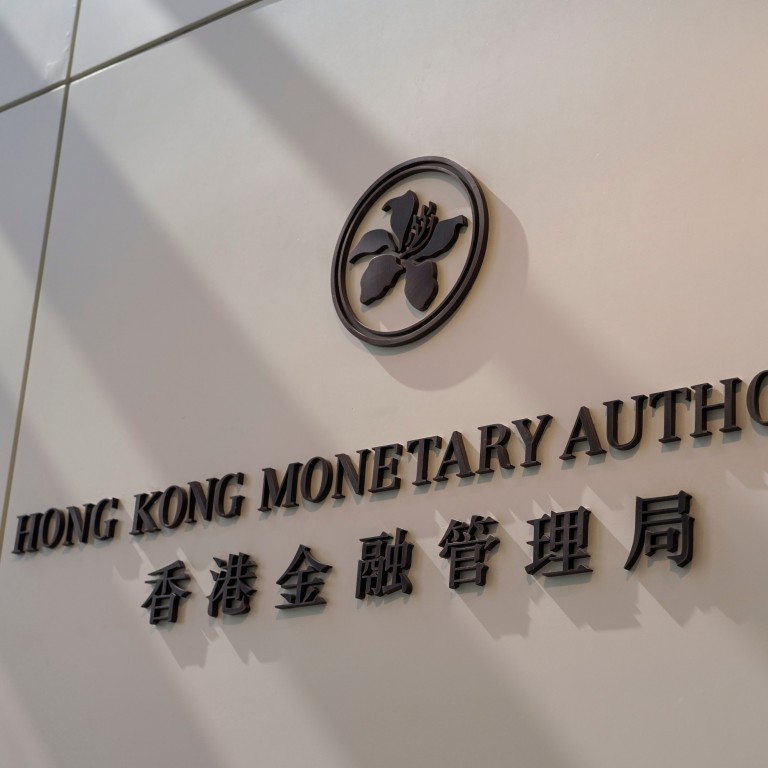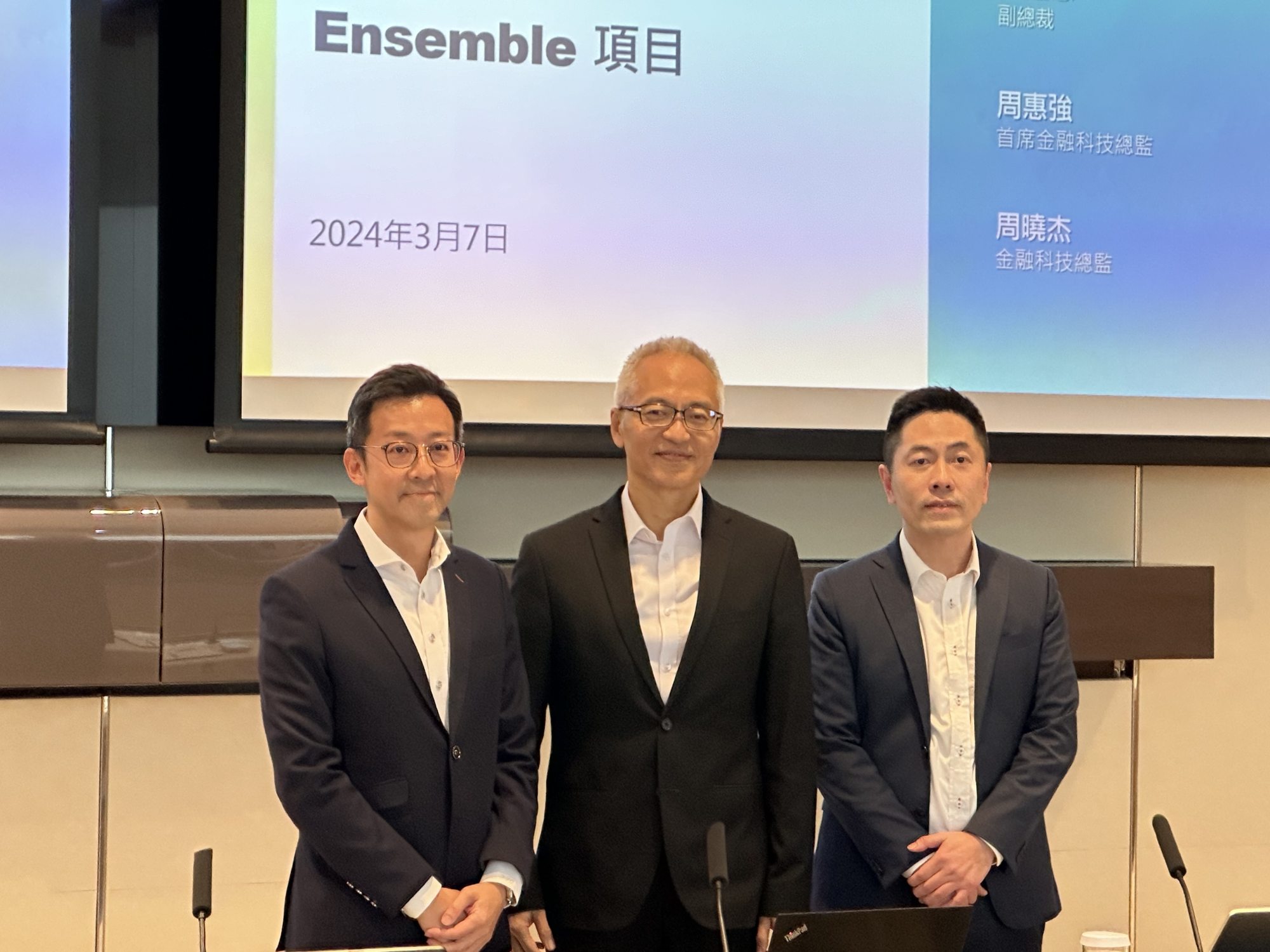
Hong Kong launches one of world’s first wholesale CBDC pilot as city positions itself at cutting edge of blockchain evolution
- The HKMA is testing an ecosystem that includes digital forms of deposits, blockchain-based financial products and central bank money for settlement purposes
- A wholesale CBDC sandbox will be set up for a select group of participants to test their innovations – from product ideation to trading to settlement
The city’s de facto central bank is testing an ecosystem that includes digital forms of deposits by commercial banks, financial products using distributed ledger technology and central bank money for settlement purposes, said Howard Lee, the HKMA’s deputy chief executive.
The aim of the project is to ultimately create an interoperable platform that can work with systems created by other central banks to increase efficiency, transparency and inclusion of individuals and businesses in the monetary and financial systems.
“We’re calling it Project Ensemble” internally, to conjure a group of items working together, Lee said at a press conference on Thursday. “We hope it will play beautifully, like music.”

The HKMA will set up a so-called sandbox to provide a closed loop for a select group of participants to test their innovations – from concepts to trading and settlement. The sandbox is expected to kick off formally by June, Lee said.
HKMA asks banks to exercise caution when lending for ‘confirmor sales’
The HKMA will also form an “architecture community” to develop common standards.
Hashkey Group, one of the first licensed cryptocurrency exchanges in Hong Kong, was the first to announce its participation in the wCBDC project.
HSBC and its Hang Seng Bank subsidiary, Standard Chartered, and Bank of China (Hong Kong) are also taking part. More companies such as Microsoft and Ant Group’s Digital Technologies unit will join the community, according to sources familiar with the matter, who requested anonymity.
“Through this project, we will join forces with the HKMA, peers and other industry stakeholders to build the foundation for Hong Kong to become the next generation international hub for tokenised deposits and assets,” said Luanne Lim, CEO of HSBC Hong Kong.
Several use cases exist for wCBDC to resolve pain points in current payment systems. One case is the creation of tokenised electronic bills of lading, which use blockchains to provide real-time and reliable cargo data, improve efficiency and mitigate the risk of fraud.
Another use case could be in investments in tokenised electric vehicle charging stations, which can be broken down into bite-size tokens to improve their appeal, the HKMA said.
Nancy Cheng, the principal of strategic planning and corporate development at Hang Seng Bank, said the findings from the test use of tokenised deposits were positive.
“CBDC offers the possibility of atomic settlement, which enables intermediaries to settle the payment instantly with higher efficiency as well as better liquidity management,” Cheng said at the Digital Assets Week event in Hong Kong on Thursday.
Tokenised deposits also offer privacy, she added, noting that such transactions could be settled on the blockchain without revealing user information.
Tokenised assets are estimated to reach US$16 trillion by 2030, accounting for 10 per cent of global gross domestic product, according to a 2022 report by consulting firm BCG and Singapore-based digital securities exchange ADDX.
“Hong Kong has always championed innovation and international collaboration,” said Eddie Yue Wai-man, the HKMA’s CEO.
“Project Ensemble will provide fresh impetus to our vibrant financial industry and reinforce our forefront position in tokenised money and assets.”

